GIGABYTE Z490 Aorus Master Motherboard Review: Clawing at the Competition
by Gavin Bonshor on January 7, 2021 8:00 AM EST- Posted in
- Motherboards
- Intel
- Gigabyte
- ATX
- AORUS
- Z490
- Comet Lake
- LGA1200
- Z490 Aorus Master
Board Features
The GIGABYTE Z490 Aorus Master is an ATX motherboard representing one of its most premium models in the current Aorus branded Z490 range. It has three full-length PCIe 3.0 slots that operate at x16 and x8/x8/+x4, with three PCIe 3.0 M.2 slots. Two of the M.2 slots can accommodate SATA drives, with six SATA ports supporting RAID 0, 1, 5, and 10 arrays. Four memory slots can accommodate a maximum capacity of up to 128 GB, with supported speeds of up to DDR4-5000. For cooling, the Z490 Aorus Master has plenty with a total of seven 4-pin headers. These are split into one dedicated to a CPU fan, one for a water cooling CPU fan, and six for chassis fans, with two of them doubling up as water pump headers.
| GIGABYTE Z490 Aorus Master ATX Motherboard | |||
| Warranty Period | 3 Years | ||
| Product Page | Link | ||
| Price | $390 | ||
| Size | ATX | ||
| CPU Interface | LGA1200 | ||
| Chipset | Intel Z490 | ||
| Memory Slots (DDR4) | Four DDR4 Supporting 128 GB Dual-Channel Up to DDR4-5000 |
||
| Video Outputs | 1 x HDMI 1.4 | ||
| Network Connectivity | Intel i225-V 2.5 GbE Intel AX201 Wi-Fi 6 |
||
| Onboard Audio | Realtek ALC1220-VB ESS Sabre ES9118EQ DAC |
||
| PCIe Slots for Graphics (from CPU) | 2 x PCIe 3.0 (x16, x8/x8) | ||
| PCIe Slots for Other (from PCH) | 1 x PCIe 3.0 x4 | ||
| Onboard SATA | Six, RAID 0/1/5/10 (Z490) | ||
| Onboard M.2 | 1 x PCIe 3.0 x4 2 x PCIe 3.0 x4/SATA |
||
| USB 3.1 (20 Gbps) | N/A | ||
| USB 3.1 (10 Gbps) | 3 x USB Type-A (Rear panel) 1 x USB Type-C (Rear panel) 1 x USB Type-C (Header) |
||
| USB 3.0 (5 Gbps) | 2 x USB Type-A (Rear panel) 2 x USB Type-A (One header) |
||
| USB 2.0 | 4 x USB Type-A (Rear Panel 4 x USB Type-A (Two headers) |
||
| Power Connectors | 1 x 24-pin Motherboard 2 x 8-pin CPU |
||
| Fan Headers | 1 x 4-pin CPU 2 x Water Pump/chassis 4 x 4-pin Chassis |
||
| IO Panel | 2 x Antenna Ports (Intel AX201) 1 x HDMI 1.4 output 3 x USB 3.2 G2 Type-A 1 x USB 3.2 G2 Type-C 2 x USB 3.2 G1 Type-A 4 x USB 2.0 Type-A 1 x RJ45 (Intel) 1 x Clear CMOS button 1 x QFlash BIOS button 5 x 3.5 mm audio jacks (Realtek) 1 x S/PDIF Optical output (Realtek) |
||
The rear panel has a large selection of USB connectivity, with three USB 3.2 G2 Type-A, one USB 3.2 G2 Type-C, two USB 3.2 G1 Type-A, and four USB 2.0 ports. There are five 3.5 mm audio jacks and S/PDIF output powered by a Realtek ALC1220-VB HD audio codec, with an ESS Sabre ES9118EQ DAC for good measure. Users looking at using Intel's integrated graphics have a single HDMI 1.4 video output, while GIGABYTE also includes a clear CMOS and QFlash BIOS button. The board also includes premium networking, with an Intel i225-V 2.5 GbE controller and an Intel AX201 Wi-Fi 6 CNVi module. This also provides compatibility with BT 5.1 devices.
Test Bed
As per our testing policy, we take a high-end CPU suitable for the motherboard that was released during the socket’s initial launch and equip the system with a suitable amount of memory running at the processor maximum supported frequency. This is also typically run at JEDEC subtimings where possible. It is noted that some users are not keen on this policy, stating that sometimes the maximum supported frequency is quite low, or faster memory is available at a similar price, or that the JEDEC speeds can be prohibitive for performance. While these comments make sense, ultimately very few users apply memory profiles (either XMP or other) as they require interaction with the BIOS, and most users will fall back on JEDEC supported speeds - this includes home users as well as industry who might want to shave off a cent or two from the cost or stay within the margins set by the manufacturer. Where possible, we will extend out testing to include faster memory modules either at the same time as the review or a later date.
| Test Setup | |||
| Processor | Intel Core i7-10700K, 125 W, $374 8 Cores, 16 Threads 3.8 GHz (5.1 GHz Turbo) |
||
| Motherboard | GIGABYTE Z490 Aorus Master (BIOS F20a) | ||
| Cooling | ID-Cooling Auraflow X 240mm AIO | ||
| Power Supply | Corsair HX850 80Plus Platinum 850 W | ||
| Memory | G.Skill TridentZ DDR4-2933 CL 14-14-14-34 2T (2 x 8 GB) | ||
| Video Card | MSI GTX 1080 (1178/1279 Boost) | ||
| Hard Drive | Crucial MX300 1TB | ||
| Case | Corsair Crystal 680X | ||
| Operating System | Windows 10 1909 inc. Spectre/Meltdown Patches | ||
Readers of our motherboard review section will have noted the trend in modern motherboards to implement a form of MultiCore Enhancement / Acceleration / Turbo (read our report here) on their motherboards. This does several things, including better benchmark results at stock settings (not entirely needed if overclocking is an end-user goal) at the expense of heat and temperature. It also gives, in essence, an automatic overclock which may be against what the user wants. Our testing methodology is ‘out-of-the-box’, with the latest public BIOS installed and XMP enabled, and thus subject to the whims of this feature. It is ultimately up to the motherboard manufacturer to take this risk – and manufacturers taking risks in the setup is something they do on every product (think C-state settings, USB priority, DPC Latency / monitoring priority, overriding memory sub-timings at JEDEC). Processor speed change is part of that risk, and ultimately if no overclocking is planned, some motherboards will affect how fast that shiny new processor goes and can be an important factor in the system build.


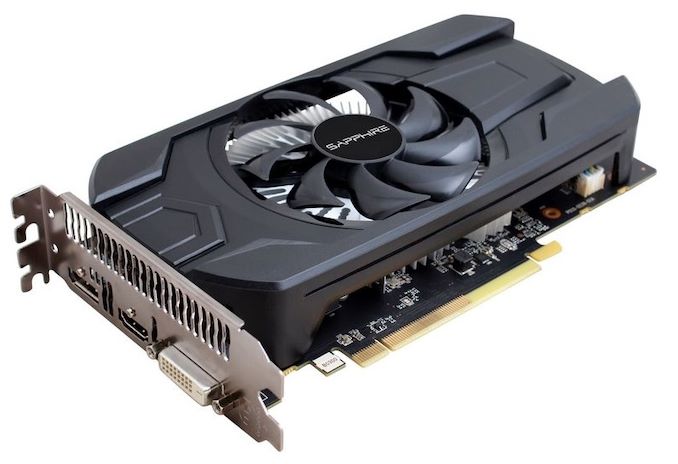
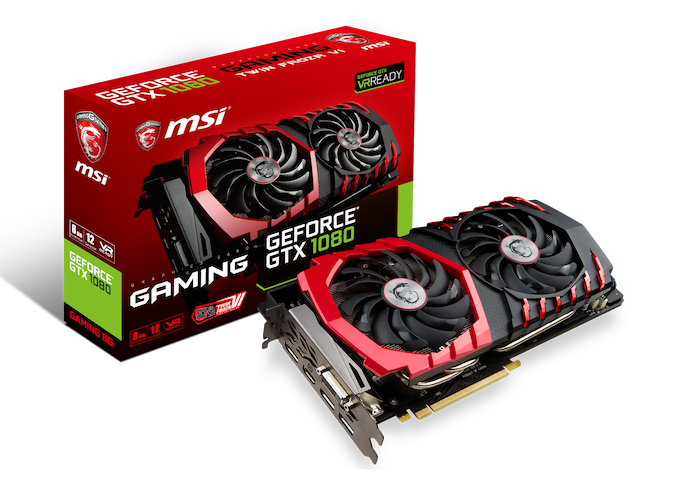
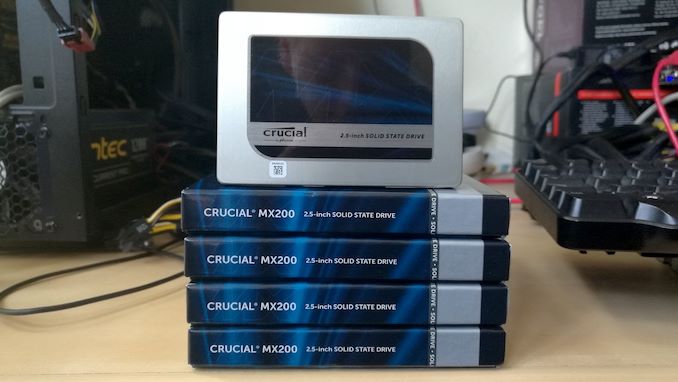
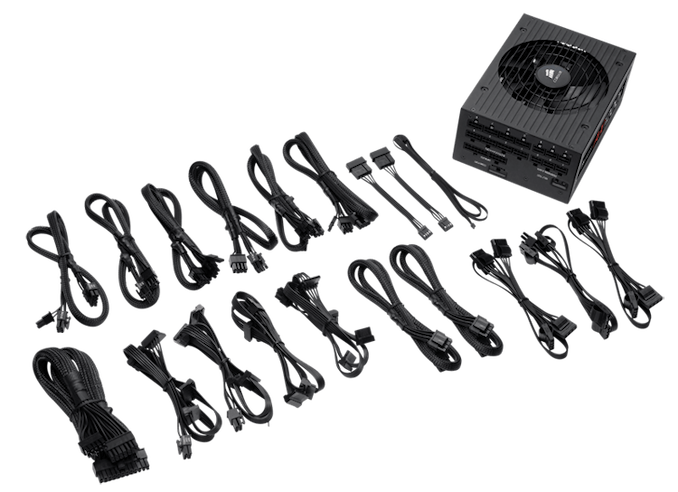
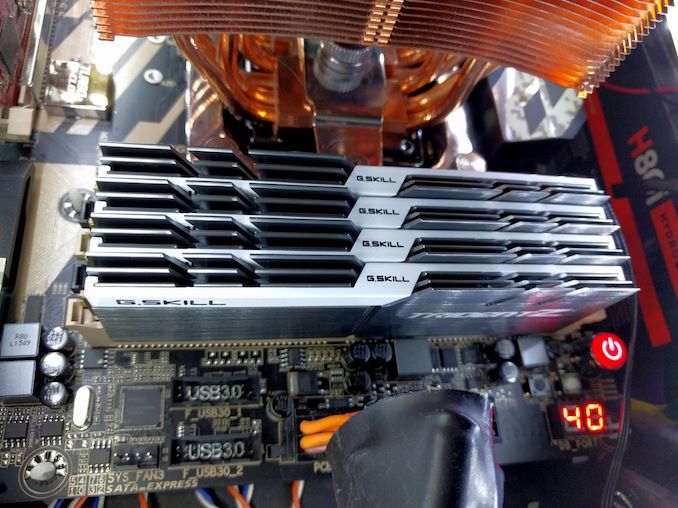
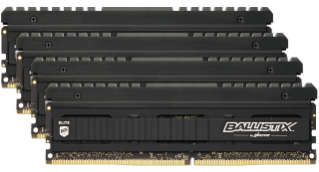
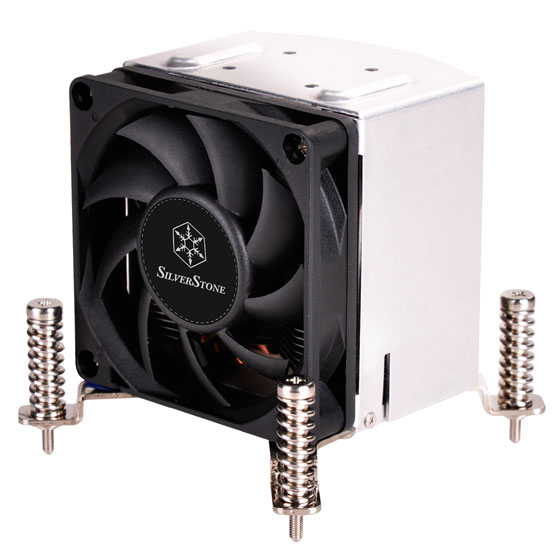
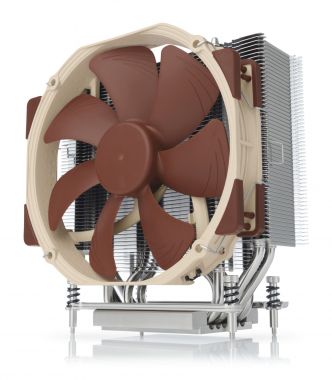








17 Comments
View All Comments
j@cko - Thursday, January 7, 2021 - link
Screw Intel and their chipset refresh money grab tactics. They ain't gonna win back customers this way.Deicidium369 - Thursday, January 7, 2021 - link
LOL... All Businesses are there to make money PERIOD And you know that these motherboards are all old - right?Smell This - Friday, January 8, 2021 - link
Smells like Chipzillah "EOL'd" the Z490, and they are looking to clear-out inventory in the next 3 months ____ just don't see a lot of Intel CPUs moving
Mobo is $290.99 at B&H Photo $50 off with Egg Vomit Lake Combo (not a big mover)
$330 off i9-9900K Coffee Lake / $250 off i9-10850K at my MicroCenter
(no mobo) --- looks like the only thing moving is the i7-10700K at $350
Can't find a Ryzen 3900X at a decent price --- much less a 5000-series. I'm still ticked I missed it at $400
Oxford Guy - Thursday, January 7, 2021 - link
What's an Aorus?Deicidium369 - Thursday, January 7, 2021 - link
What is a Camry?quiq - Sunday, January 24, 2021 - link
a teacher carhenkhilti - Thursday, January 7, 2021 - link
VRM testing with an Core i7-10700K, really?Ian Cutress - Friday, January 8, 2021 - link
Yes, really. We don't all work in the same office and the 10900K has been used for reviews. We have editors all over the world.TheinsanegamerN - Thursday, January 7, 2021 - link
Curious why the 10900k was not used for testing? It would put greater load on those VRMeShmee - Thursday, January 7, 2021 - link
Or at least a 10850k. Those are a bit more common and a decent deal these days.